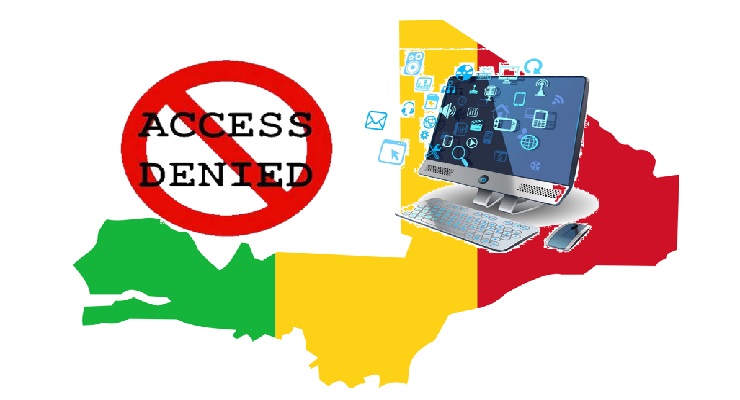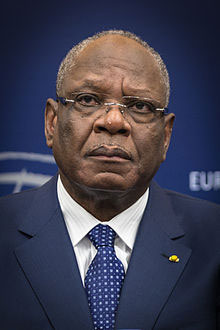
Africa, they say, has one root and one culture, thereby causing Africans to think in one direction. As such, authorities in Mali have restricted internet access on the eve of the presidential run-off vote. Mali in fact is just following in the footsteps of Cameroon where the internet was disconnected from January 2017 to March 2017 as a result of the on-going crisis in the country’s English-speaking regions.

In any event, Ibrahim Boubacar Keita, the President of Mali, is now set for a run-off election against the main opposition candidate, Soumaila Cissé. Keita failed to win the first round of the elections on July, 29 2018, scoring 41 percent while Cissé had 18 percent.
According to Cissé, the elections were fraught with irregularities and he has been trying to unite other candidates behind him for the run-off. Keita’s camp has denied the allegations of fraud but has resorted to what seems to be a strategy to prevent the opposition candidate from making any gains in the second round of the elections with a new weapon: internet blackouts.
According to France-based charity Internet Without Borders, the capacity of the internet had technically been restricted to prevent the use of Virtual Private Networks (VPN) and social networks. It has definitely been noticed that internet connection across the West African Nation seem to have been tampered with at an opportune time for the government.
So internet blackouts are a growing trend for Africa. Governments, like in Mali, claim to have shut down connections during elections and crisis periods on grounds of security. But rights groups and opposition dismiss these claims, alleging that internet blackouts are designed to help the government control information, manipulate elections, and/or repress dissident voices.
Leave a Reply